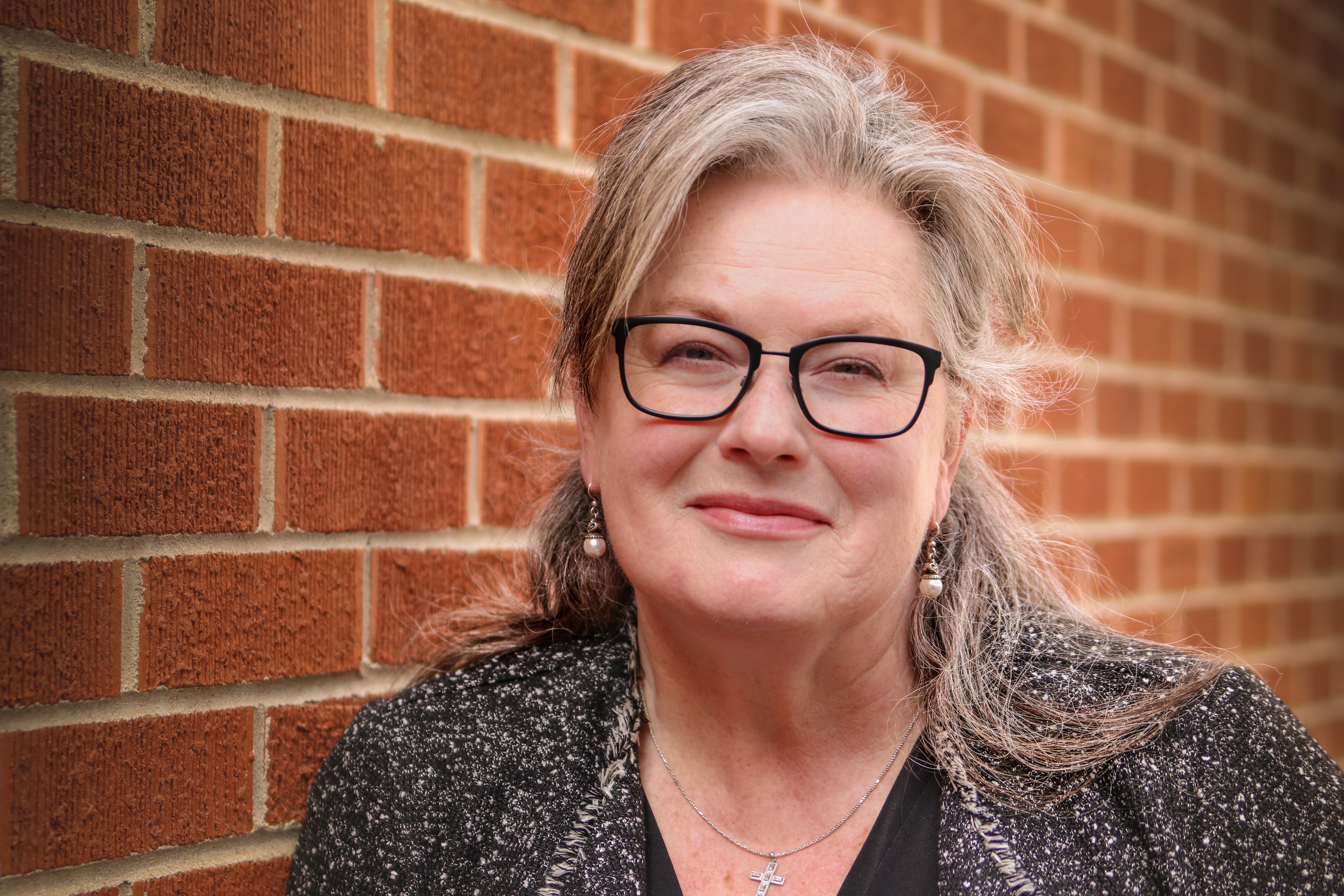Religious Freedoms - A Cornerstone of Liberty
- Donna K. Rice

- Nov 3, 2021
- 2 min read
Updated: Nov 10, 2021
Religious freedom gives liberty the opportunity to flourish. It does not restrict as some might think. Why? Because the call of the Creator in the heart of man may be acted upon and demonstrated in a variety of ways, but there are several almost universally held beliefs of most religions that are fundamental building blocks of a healthy society. These fundamentals, identified by Benjamin Franklin, tend to cause people to act in honorable ways among their fellow citizens and neighbors, thus allowing true liberty to exist.

Here's a quick look at Franklin's five fundamental tenants of most religions.
(1) A belief in a Creator that mankind should worship. (2) A moral code that supports an understanding of right and wrong. (3) The accountability of mankind to God for the way we treat each other. (4) Life beyond our mortal existence. And (5) A future reckoning before God of our earthly deeds (Skousen, 2013).
The thought process favored by making religious freedom a core principle of liberty is that people who are free to engage, internalize, and demonstrate their religious beliefs, tend to govern themselves. What a powerful concept! A people free to believe and worship as they choose would also choose to manage their behavior in society. This was a powerful foundation of the great American experiment.
We still see this played out in the faith community today. The majority of deeply faithful people don't need a great number of rules, laws, or restrictions on their behaviors because they are governed by internal ideologies that temper the more egregious forms of human interaction. They abide by the laws of the land, they are generous and help their fellow man, and they work to contribute to the general welfare of their communities. Perhaps most importantly, they live like there are consequences to their actions!
Of course, there are exceptions and those who fraudulently profess spiritual beliefs or who don't act according to a moral code born of true faith. But the exceptions don't need to tarnish the underlying precept that religion plays a key role in preserving personal liberties within a nation. If a majority of people live and act according to internalized beliefs about right and wrong, freedom is easy to maintain. When the spiritual beliefs of a nation fall apart, human behavior and interaction become much more unpredictable and difficult to govern.
Sources
Skousen, W. C. (2013). 4th Principle. In The 5000 year leap: A miracle that changed the world (p. 77). essay, National Center for Constitutional Studies.



Comments